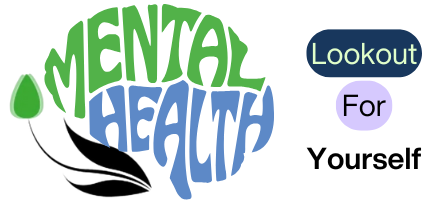Addiction Counseling Self-Efficacy Scale (ACSES)
Murdock‚ Wendler‚ & Neilson‚ 2005
1. Assess a client’s previous experience with self-help groups like AA‚ NA‚ CA‚ etc.
2. Show empathy toward a client.
3. create a therapeutic environment where a client will feel that I understand them.
4. Convey an attitude of care and concern for all group members.
5. Work effectively with a client who has both a substance use and an anxiety disorder.
6. Develop trust and cohesion among members of a counseling group.
7. Screen clients for co-occurring mental health disorders.
8. Help a client determine who is available to support her/his recovery.
9. Work effectively with a client who has both a substance use and a psychotic disorder (e.g.‚ schizophrenia).
10.Use assessment data to develop a treatment plan.
11.Help members of a counseling group challenge each other responsibly.
12.Work effectively with a client who has both a substance use and a personality disorder.
13.Assess a client’s readiness to change substance use.
14.Help a client develop realistic expectations about recovery.
15.React spontaneously and responsively in a group counseling situation.
16.Work effectively with a client who has both substance use and trauma-related issues.
17.Teach a client about self-help support networks and related self-help literature.
18.Help a client figure out what behaviors will support recovery.
19.Help a client recognize what triggers her/his substance use.
20.Write accurate and concise assessment reports.
21.Assess a client’s financial concerns.
22.Summarize a client’s treatment and recovery information for other professionals.
23.Establish a warm‚ respectful relationship with a client.
24.Gather information about a client’s prior experiences with substance abuse treatment.
25.Challenge behaviors that interfere with a client’s recovery.
26.Form a counseling group‚ including determining the type of group and selecting members.
27.Help members of a counseling group support each other.
28.Work effectively with a client who has both a substance use and a mood disorder (e.g.‚ depression).
29.Explore the interpersonal dynamics among members of a counseling group.
30.Use active listening techniques when working with a client.
31.Maintain a respectful and nonjudgmental atmosphere with a client.
(1) specific addiction counseling skills‚ (2) assessment‚ treatment planning‚ and referral skills‚ (3) co-occurring disorders skills‚ (4) group counseling skills‚ and (5) basic counseling skills
1 = no confidence to 6 = absolute confidence
specific addiction counseling skills (items 1‚ 8‚ 13 ‚14 17‚ 18‚ 19‚ and 25); assessment‚ treatment planning‚ and referral skills (10‚ 20‚ 21‚ 22‚ and 24); co-occurring disorders skills (items 5‚ 7‚ 9‚ 12‚ 16‚ and 28); group counseling skills (items 6‚ 11‚ 15‚ 26‚ 27‚ and 29); and basic counseling skills (items 2‚ 3‚ 4‚ 23‚ 30‚ and 31)
This instrument can be found at: Simmons C. A.‚ Lehmann P. (eds). Google Scholar
Murdock‚ T.B.‚ Wendler‚ A.M.‚ & Neilson‚ J.E. (2005). Addiction Counseling Self-Efficacy Scale (ACSES): development and initial validation. Journal of Substance Abuse Treatment‚ 29(1)‚ 55–64
Wendler‚ A.M. (2007). Validation of the Addiction Counseling Self-Efficacy Scale (ACSES). Kansas City: University of Missouri‚ ProQuest Dissertations Publishing. 3280868.
Wendler‚ A. M. (2008). Validation of the Addiction Counseling Self-Efficacy Scale (ACSES). Dissertation Abstracts International‚ 68(9-B)‚ 6343.
Murdock‚ Wendler‚ & Neilson‚ (2005). Addiction Counseling Self-Efficacy Scale. In: Simmons C. A.‚ Lehmann P. (eds). Tools for strengths-based assessment and evaluation‚ New York‚ NY: Springer‚ pp. 292-294. (2013). Google Scholar

